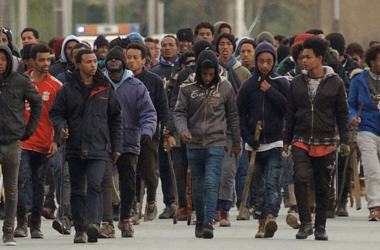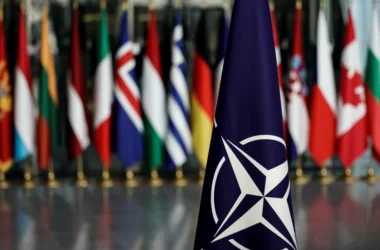Sahra Wagenknecht, leader of Germany’s left-wing nationalist BSW party, is pushing for a nationwide referendum on migration—something Germany has never done, though Hungary and Poland have already taken that route.
“A migration policy that is supported by the majority of the population requires a referendum that gives the federal government a fundamental direction,” she told AFP, as reported in Die Welt. Wagenknecht argues that a decisive public vote could ease societal tensions and curb the rise of the right-wing Alternative for Germany (AfD) party.
She didn’t hold back in criticizing the German government’s handling of migration. “For 10 years, they have allowed a loss of control over migration, which the majority of people in Germany, including most well-integrated immigrants, do not want,” she stated.
Currently, there’s no legal framework for a national referendum in Germany, though local votes on policy issues do happen in certain states. It’s unclear how Wagenknecht envisions such a vote playing out, but polling suggests most Germans favor reducing migrant numbers. Many also believe migration brings more drawbacks than benefits.
Concerns over rising crime, terror attacks, and an overburdened public sector have put migration at the top of voters’ priorities. According to research group Wahlen, 41% of Germans now see it as the country’s most pressing issue—outranking both economic worries and fears about the AfD’s growing influence.
A majority also supports permanent border controls and stricter asylum policies, with 63% favoring the rejection of asylum seekers without documentation. As for whether Germany’s conservative Union party should collaborate with the AfD to pass tougher migration laws, public opinion is evenly split—48% oppose it, while 47% approve.
Other European nations have already turned to referendums on migration. In 2016, Hungary overwhelmingly rejected EU-imposed migrant resettlement quotas, with 98% of voters saying no. Poland followed in 2023, with then-Deputy Prime Minister Jaroslaw Kaczynski declaring, “It will decide the fate of Poland and Poles, whether they can live in a safe, peaceful country.”
While Wagenknecht’s proposal faces significant legal and political hurdles, it’s clear migration remains one of Germany’s most divisive issues—and it’s not going away anytime soon.




